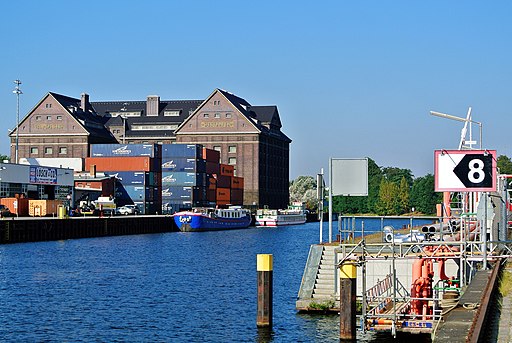
It’s a viable business maneuverer for management to keep the goods protected during an inspection. While the goods are under safe storage, they remain in a duty-free state until exported, destroyed, or withdrawn after the duty is paid.
Two common import challenges organizations face is dealing with Customs or locating one location with sufficient storage for the goods or containers. It makes sense to choose a bonded warehouse capable of storing consolidated or partial shipments, and group consignments.
What Is Bonded Inventory?
As part of the trade strategy warehousing allows organizations to conduct business, manage the inventory levels and cash flow at the same time. It’s a valuable business option for importing goods when negotiations are still in process or Customs delay the delivery to the buyer.
Customs-bonded warehousing offer secured buildings (goods) and yards (containers) for duty-free storage. As the goods are transported to the facility, the bond transfers the liability of the goods to the warehouse proprietor. It also guarantees the goods are stored in appropriate storage solutions to prevent damage.
What is the Process During a Port of Call Intervention?
Too often enterprises are subjected to import controls and regulations. Sometimes the container ends up sitting at the port prompting storage fees, penalties, or confiscation. An experienced customs-bonded service can help clear customs as a business liaison working with the government entities.
Many offer customized services to include freight management, logistics, and communications with ports of departure and entry. The objective is to move your goods from the port storage to a facility to prevent any potential loss of goods or business.
As complicated as regulations can be, experience in dealing with customs, storage, and transport issues is essential. For some organizations private warehousing is a step of continuance for frequent trade transactions. The best solution is to build a long-term relationship. It can make the entire process much easier.
Bonded services comply with Title 19, United States Code (U.S.C.), section 1555. Class bonds controlling the handling and storage include private (specific goods), public (general merchandise), and special (hazardous or special storage requirements).
Have You Considered Using a Bonded Warehouse?
Chose a warehouse that’s recognized by U.S. Customs examinations and Homeland Security for customs clearance, import compliance and supporting documentation. Warehouses play a critical role in getting the goods to market. As Customs continue to monitor the flow of goods, warehousing is a working solution to keep the enterprise in full operation. Think about the prospects of leveraging withdrawal schedules aligned with the rate of consumption and coordinating inventory withdrawals for the future market demands.
